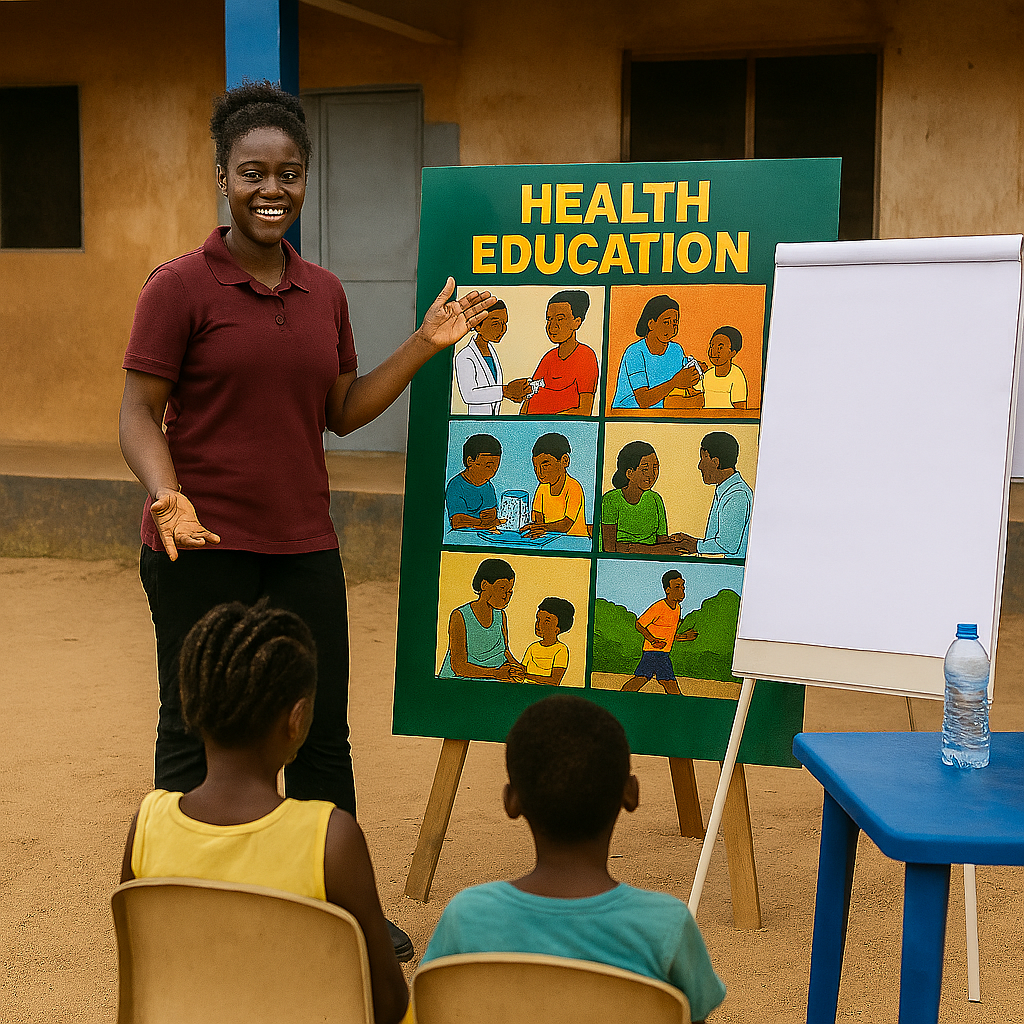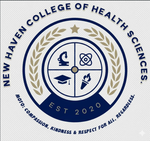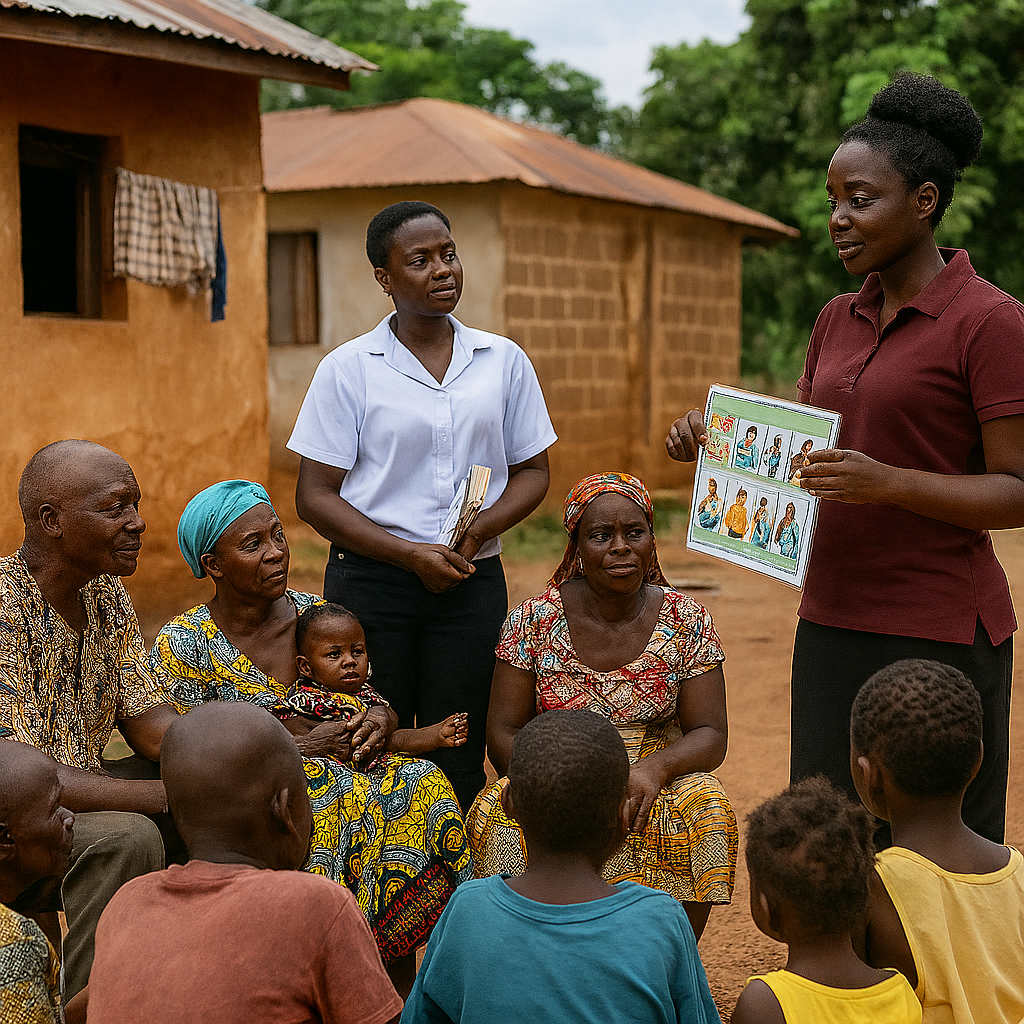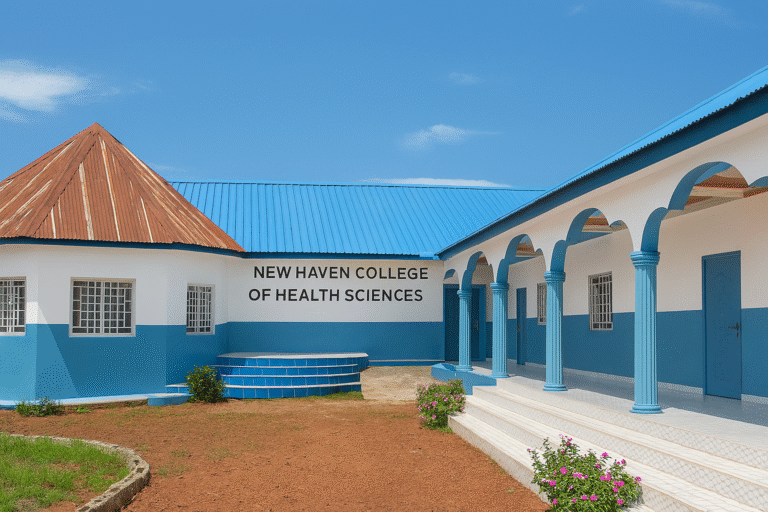Building a Healthier Nation

Public Health is the science and practice of protecting and improving the health of populations. It goes beyond treating illness—it focuses on preventing disease, prolonging life, and promoting well-being through organized efforts and informed choices. Whether it’s immunization campaigns, sanitation systems, or health education, public health works quietly behind the scenes to keep communities safe and thriving.
Health Promotion, a vital branch of public health, is defined by the World Health Organization (WHO) as “the process of enabling people to increase control over, and to improve their health.” It empowers individuals and communities to make healthier choices by addressing the social, economic, and environmental factors that influence health.
🛠️ What Does Health Promotion Do?
Health promotion is not just about telling people to eat vegetables or exercise—it’s about creating environments where those choices are possible and sustainable. It includes:
- Education: Teaching people about nutrition, hygiene, mental health, and disease prevention
- Policy-making: Advocating for laws that support clean air, safe food, and access to healthcare
- Community Engagement: Mobilizing local leaders and health workers to address pressing health issues
- Behavioral Change: Supporting individuals to quit smoking, reduce alcohol use, or manage chronic conditions
- Equity & Inclusion: Ensuring that health resources reach underserved and vulnerable populations
📈 Evidence of Effectiveness
Health promotion has proven to be a powerful tool in improving national health outcomes. For example:
- Tobacco Control Campaigns have led to significant reductions in smoking rates and related diseases
- Maternal Health Education has decreased infant mortality in many African nations
- Community-based Nutrition Programs have improved child growth and reduced malnutrition
- Vaccination Outreach has curbed outbreaks of preventable diseases like measles and polio
According to WHO, health promotion is central to achieving the Sustainable Development Goals (SDGs), especially those related to health equity, education, and poverty reduction. The Shanghai Declaration (2016) emphasized that health promotion is essential for “Health for All and All for Health,” calling for bold political action and cross-sector collaboration.
🧭 Why It Matters for Sierra Leone
In countries like Sierra Leone, where healthcare systems face resource constraints, health promotion offers a cost-effective, community-driven approach to improving public health. By training local health workers, educating families, and strengthening policies, we can reduce disease burdens and build resilient communities.
🗣️ Final Word
Public health and health promotion are not luxuries—they are necessities. They represent a shift from reactive care to proactive empowerment. At New Haven College of Health Sciences, we believe in equipping future leaders with the knowledge, compassion, and tools to transform lives—one community at a time.
At New Haven College of Health Sciences, we believe that health promotion is not just a profession—it’s a calling. By educating, empowering, and engaging communities, we build a healthier Sierra Leone, one conversation, one choice, and one life at a time.”
NEW HAVEN COLLEGE OF HEALTH SCIENCES



